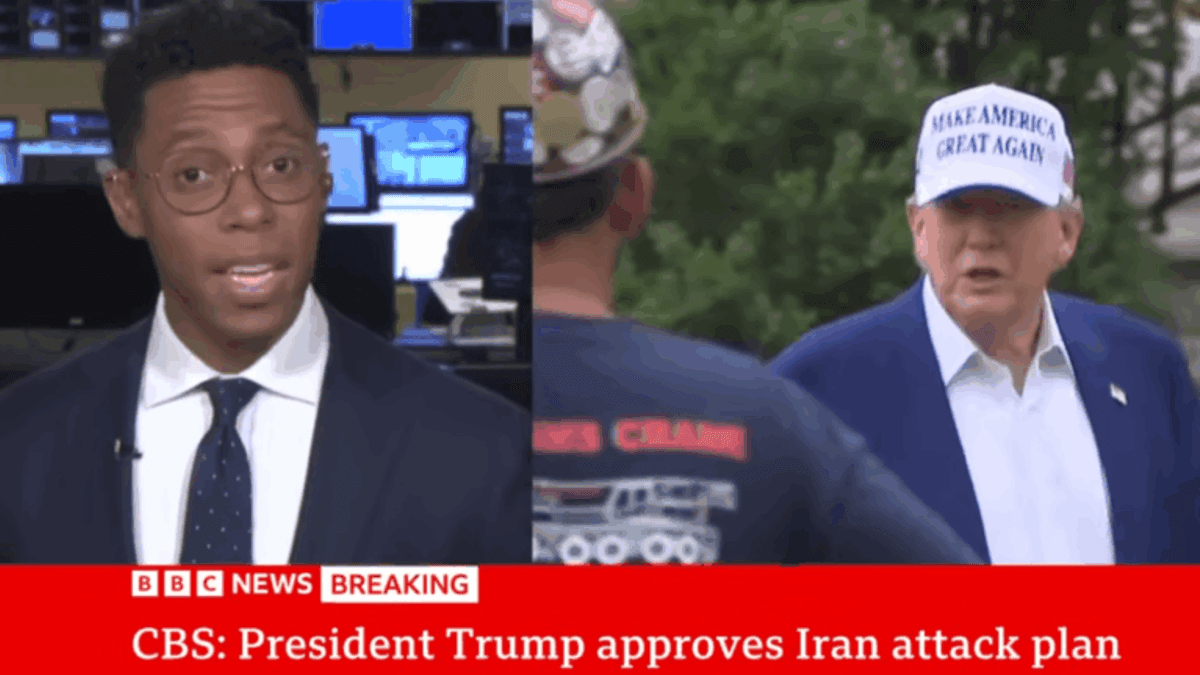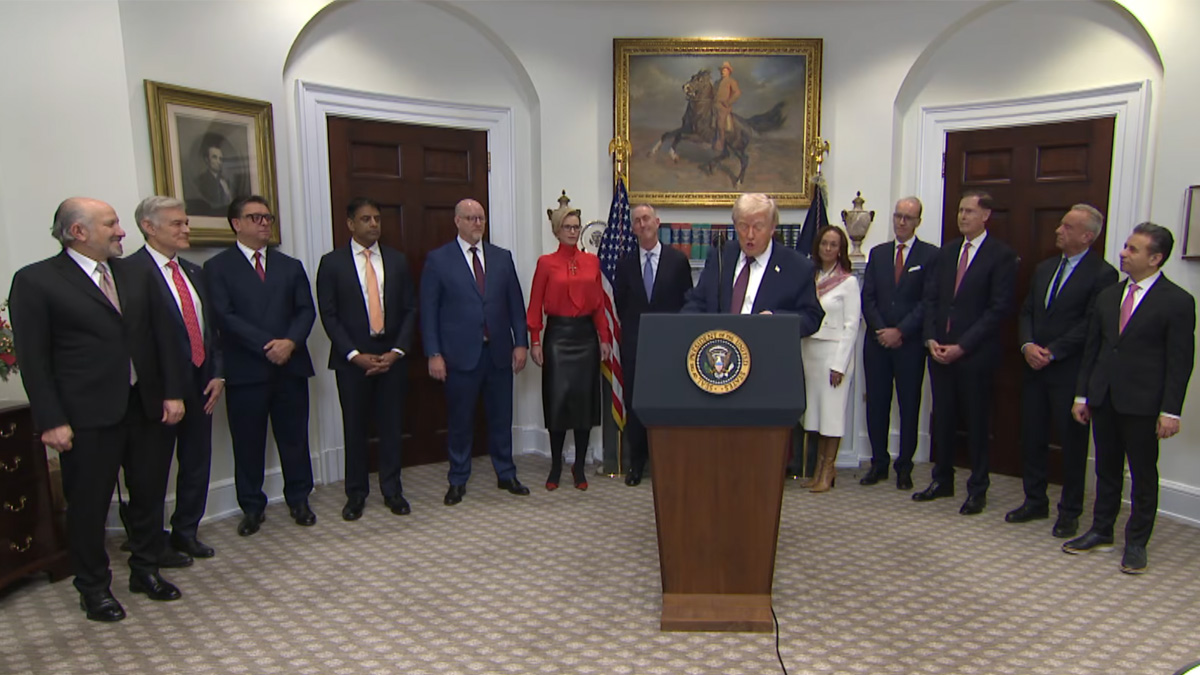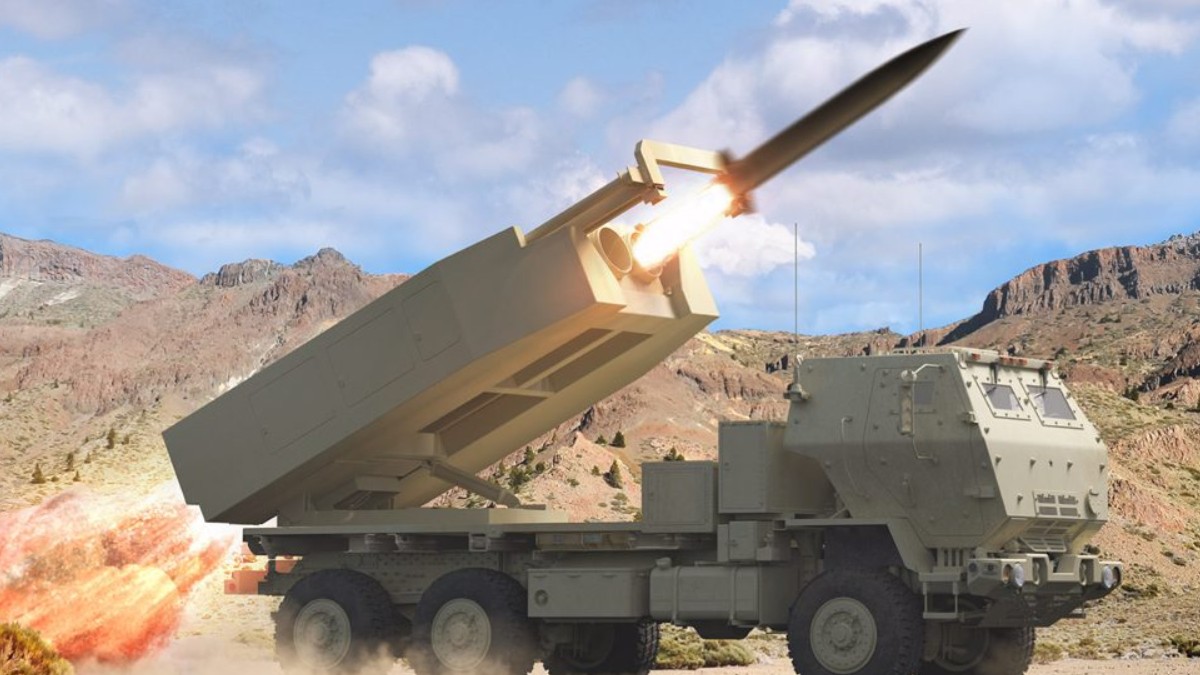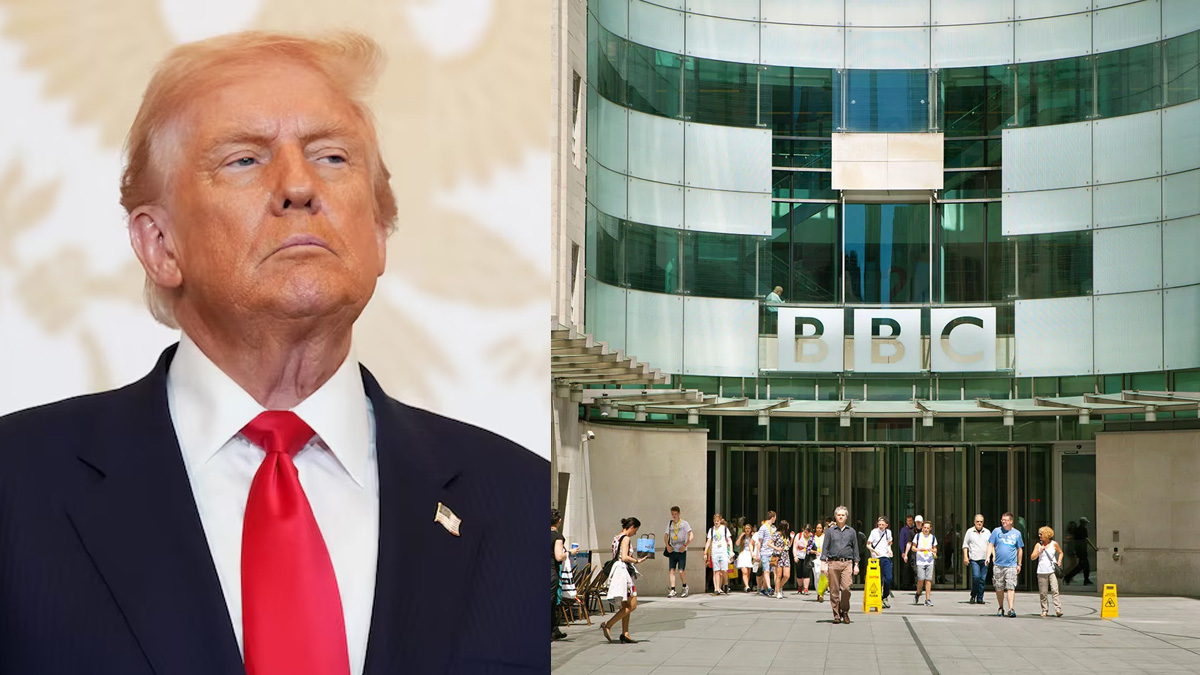US military action against Iran could trigger global market turmoil, warns deVere chief
Nigel Green of deVere Group has warned that US military intervention in Iran could shatter market stability, drive up oil prices, and undermine investor confidence, posing significant risks for equities and global economic growth.

- Nigel Green of deVere Group warned that US military action against Iran could trigger sharp disruptions across global financial markets.
- Rising oil prices and potential policy reversals by central banks could exacerbate volatility, hitting equities and risk-sensitive assets.
- Investors are advised to prepare with strong risk management strategies, as deVere sees a dangerous disconnect between geopolitical risks and current market positioning.
Global financial markets are at risk of severe disruption should the United States intervene militarily in Iran, according to a warning issued by Nigel Green, chief executive of financial advisory firm deVere Group.
Green’s remarks underscore the rising risks as geopolitical tensions in the Middle East deepen. Despite weeks of confrontation between Israel and Iran, markets have remained broadly calm, a stability he believes could collapse abruptly.
Fragile calm in the markets
“Markets have remained surprisingly steady in recent weeks,” Green observed, noting that investors appear to be pricing in falling interest rates, subdued energy costs, and stable global conditions.
He cautioned, however, that this equilibrium is tenuous. “If the US joins the conflict militarily, that calm will break,” Green said.
DeVere analysts have highlighted what they describe as a “dangerous disconnect” between escalating geopolitical risks and current investor behaviour. Portfolios remain heavily weighted towards risk assets, while market volatility indicators remain unusually low.
Rising oil prices and inflation risks
Energy markets are already showing signs of strain. Crude oil prices have climbed nearly 9% since Israel’s initial strikes on Iran, reflecting concerns about supply interruptions.
Should US strikes target vital infrastructure or shipping routes, the upward pressure on oil prices could intensify sharply. Green warned that this would push inflation expectations higher, undermine the case for interest rate cuts, and place equity markets under heavy stress.
“The world economy is not in a strong position to absorb another energy shock,” he said. “If oil spikes from here, inflation expectations will shift, interest rate cut expectations will fade, and that would create a double blow for equities already priced for perfection.”
Shifts in safe-haven assets
Recent trading has shown modest moves towards traditional safe-haven assets. The US dollar has strengthened against the Japanese yen and the Swiss franc, while US Treasury yields have dipped, signalling a cautious move into safer holdings.
Yet Green argued these movements remain limited compared to the potential volatility if Washington launches direct military action. “High-beta stocks, tech, emerging markets, and risk-sensitive currencies are likely to be the first casualties,” he said.
Timing and liquidity concerns
Another critical risk, according to deVere, lies in the timing of any military escalation. Should US action occur outside regular trading hours, market participants may be forced to react in thin liquidity conditions, compounding volatility.
“The timing of any US military move—particularly if it occurs outside normal trading hours—could compound market disruptions,” Green explained. “Investors would scramble to reposition portfolios amid falling liquidity.”
Impact beyond energy and defence
While energy and defence sectors are likely to feel immediate effects, Green warned that broader financial markets would also come under pressure.
“This kind of event drags on confidence and forces institutions to de-risk quickly,” he said. “It pulls down assets indiscriminately in the early stages.”
DeVere’s analysis suggests that the initial reaction will be sentiment-driven, followed by a broader repricing across multiple sectors.
Potential policy shifts
The advisory firm also highlighted the implications for monetary policy. With markets currently anticipating interest rate cuts from major central banks, a sudden surge in oil prices could force policymakers to reverse course.
“A sharp rise in oil prices could force central banks to reconsider expected interest rate cuts,” deVere’s statement noted. “Such a reversal would add further stress to equity and credit markets already vulnerable to a risk repricing.”
The prospect of sticky inflation, coupled with fragile growth, could create a policy dilemma similar to that faced during past energy crises.
Investor guidance
Despite the stark warning, Green advised investors not to panic but to prepare. “This is not a call to panic. But it is a call to prepare,” he said, encouraging portfolio reviews, stronger risk management practices, and forward-looking asset strategies.
He urged market participants to avoid rash decisions while recognising the potential severity of geopolitical shocks. Diversification and robust planning, he added, remain critical.
Growing American presence
Although Washington has not formally announced a shift in military strategy, recent intelligence and defence reports indicate an increasing American presence in the Middle East. Markets are watching closely for signals from the US administration, with analysts noting that even small escalations could have outsized market effects.
Escalating tensions
The warning comes against a backdrop of intensifying hostilities in the region. Israeli strikes against Iranian targets in recent weeks have fuelled fears of a broader conflict.
While diplomatic channels remain active, concerns persist that a miscalculation or deliberate escalation could draw the US into direct confrontation.
For markets, the question is not only whether conflict expands but also how quickly investors react once it does.
Outlook for global investors
Green concluded his warning with a three-stage framework for market impact. “The first move will be sentiment-driven. The second will be repricing across sectors. And the third will be the hunt for safe assets.”
In the event of escalation, deVere expects sharp sell-offs in equities, a surge in oil and gas prices, and increased demand for US Treasuries, gold, and the dollar. Emerging markets, which rely heavily on global liquidity and stable energy costs, are viewed as particularly vulnerable.
Lessons from past crises
Market analysts point to historical precedents where geopolitical shocks triggered abrupt financial volatility. Events such as the Gulf War in 1990–1991 and the US invasion of Iraq in 2003 were both accompanied by significant oil price spikes and sharp swings in equities.
Although today’s market environment differs, with higher levels of global integration and more sophisticated financial instruments, the fundamental vulnerabilities remain similar.
Balancing risks and opportunities
While the risks are pronounced, Green acknowledged that periods of volatility can also present opportunities for disciplined investors. Those able to withstand short-term shocks may benefit from dislocations in asset prices, provided they adopt a long-term perspective.
Nevertheless, he reiterated that preparation and risk management are essential. “This is about building resilient portfolios in uncertain times,” Green said.








0 Comments